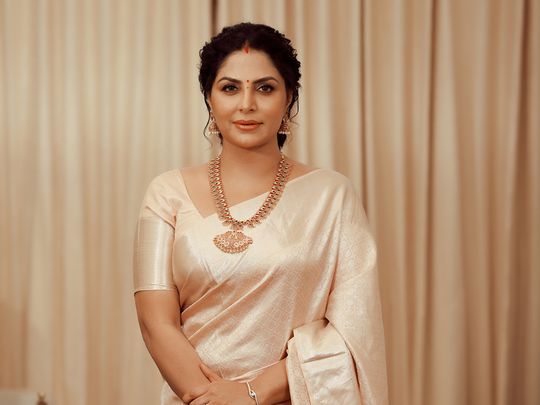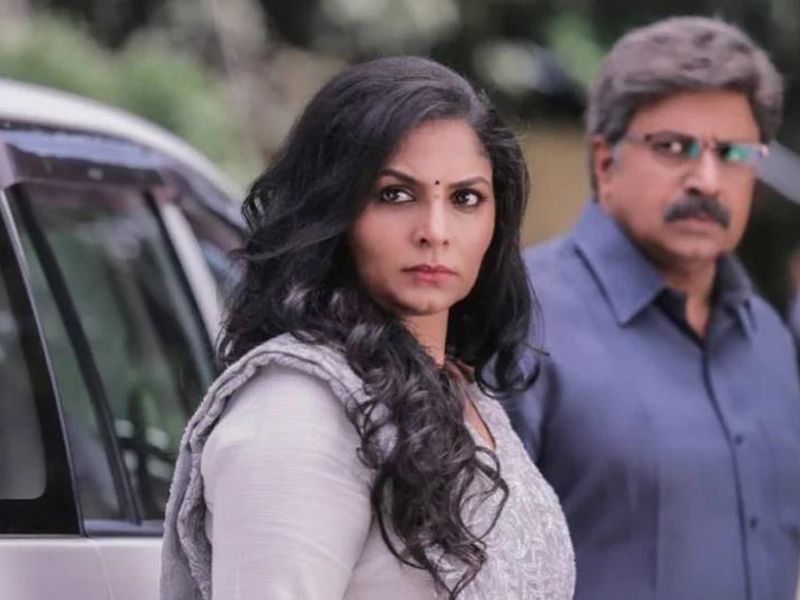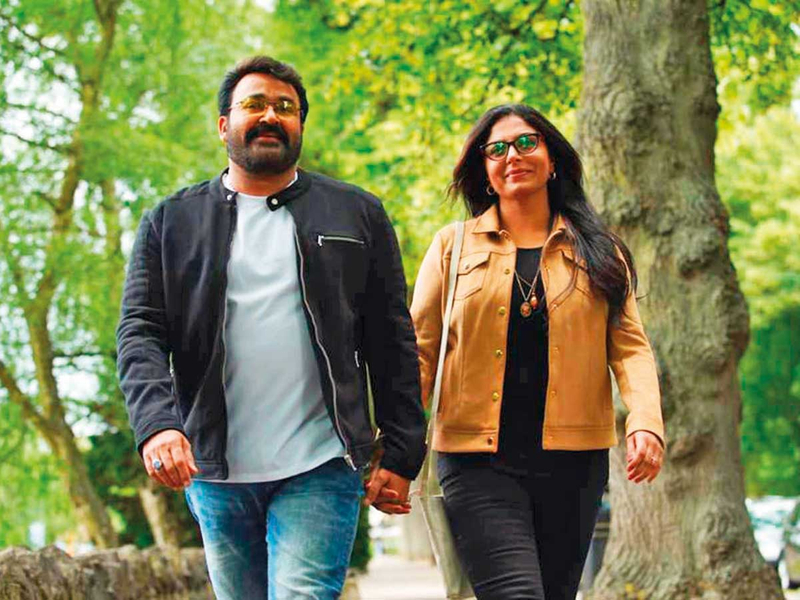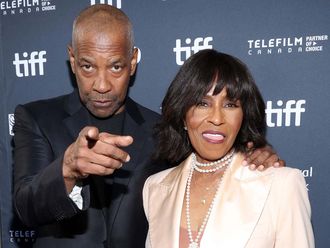
Dubai: UAE-based actress and dancer Asha Sharath, who starred alongside alleged sexual predator and Malayalam actor Siddique in the blockbusters 'Drishyam' and 'Drishyam 2', has clarified that she is not defending her co-star.
She emphasises that Siddique did not personally “misbehave” with her, but adds that this is not proof of his innocence.
On August 27, Asha took to Facebook to address reports alleging that Siddique had behaved inappropriately with her during the filming of Drishyam, where they portrayed a married couple struggling with their son’s disappearance. In that post that has since been blasted, she described Siddique as a good friend and colleague. However, in this interview with Gulf News, she claims that her social media statements were not meant to invalidate the traumatic experiences of the actress who has accused Siddique of rape and criminal intimidation.
“I am with the survivor clearly,” Asha said in an exclusive interview with Gulf News.
"But I am compelled to add that he did not misbehave with me on the sets of 'Drishyam'. Many just assumed I did not complain in the past because I was worried about tarnishing my image of coming from a good family, but I want to clarify that I had no bad experience with him," she added. Female actors often hesitate to speak out about sexual abuse due to fears of ostracisation and concerns about the impact on their family's reputation.
Meanwhile Siddique, who resigned from his post as General Secretary of the Kerala film body Association Of Malayalam Movie Artists following the recent sexual harassment claims, has now approached the Kerala High Court seeking anticipatory bail in the rape case filed against him.
“Whoever does such a crime must get punishment … The authorities should take up such cases with utmost seriousness and they should prove it. The girls or women who have come forward deserve justice. As a mother of two girls, I dream of a safe working space for women,” said Asha.
She believes that her Facebook post was misinterpreted by many publications as a sign of solidarity towards Siddique.
“But I am clearly on the side of the survivors and the victims of such abuse,” said Asha, adding that she was the victim of reporters resorting to sensational reporting for click baits.

The Malayalam film industry, currently in the throes of a #MeToo storm, is undergoing significant scrutiny in the wake of the Justice Hema Committee's report, which has exposed systemic issues of sexual harassment and misconduct within the industry.
The committee, formed by the Kerala government after the 2017 sexual assault of a popular actress in a moving vehicle—where actor Dileep is accused of being the alleged mastermind—investigated numerous harassment and abuse allegations. This led to increased scrutiny and activism. Following the report, the industry has seen a resurgence of #MeToo allegations, with prominent figures like Siddique, Mukesh, Jayasurya, Nivin Pauly, and director Ranjith facing accusations of varying degrees of sexual harassment and misconduct.
The incriminating report has not only ignited public discussions but also prompted legal actions and demands for more robust protective measures for women in the workplace.
“It’s so shocking for me to hear about the widespread abuse. While I didn’t face any such experiences, it’s still horrific to learn about these incidents … There was an incident that I still remember clearly. A make-up artist on one of my films behaved badly with a young actress. He warned that bold girl that she’s merely a woman who had no right to talk back or point a finger at him, and I remember we all took a stand against him. If I witness anything like this, I would always take a stand,” said Asha, refusing to divulge details such as the identity of the make-up artist or the film set where it happened.
Her daughters, especially Uthara Sharath, who is studying classical Indian dance in Mumbai and hopes to enter the world of movies, are always reminded of the importance of taking a firm stand against misogyny and sexism.

“I always tell my children to react immediately to any such incidents. Since they were small, I have taught them the power of learning to say ‘no’. While some girls and women are confident, others are easy prey … And that makes me incredibly sad,” said Asha.
While she runs a dance academy in Dubai and considers Indian classical dance her primary source of income, she admits that the film industry is a brutal place where rejections and the whims of a few select stars are a given.
“There have been so many instances when the female lead of a film is changed at the last minute. I learn about the change of heroines from news outlets and social media. Such unprofessional behaviour is always normalized. There have been many times when I would commit to a film and a role in Dubai after hearing the script, but would be told at the last minute that I am no longer a part of that film. Such things always happen in our industry,” said Asha. According to her, women are considered interchangeable and disposable. The controversial Hema Committee Report had observed that powerful groups made up of 10-15 actors, filmmakers, and technicians hold immense power over casting, unofficial boycotts, and more.
“I always consider dancing my profession, while movies are my passion and a dream. So dreams don’t come true all the time, and I make peace with sudden rejections because I only do movies that strike a chord within me,” said Asha. While she acknowledges that she comes from a place of privilege and a sturdy economic background, many women may not have that liberty, making them easy targets for sexual predators.
“I can choose to accept or reject a film, but some women don’t have that power. This is their sole profession and they need to feed their family … Actors may not misbehave with me because they are aware that I have the power to choose. Many girls and actresses don’t have that power to choose.”
She also believes that abuse and toxic working conditions, such as the lack of changing rooms for women on a film set or lack of toilets on location, are also common in the television industry. Currently, the Justice Hema Committee Report has focused on the inner workings of the Kerala film industry, but its findings do not extend to TV serials.
“I have worked in TV serials and in films. In films, we get good money at least. The remuneration is very low in serials. The artist is expected to bring in all the costumes, jewelry … They work from morning until 11 pm, there’s no regulation there. There’s harassment, stress, and lack of compensation in the TV world too,” said Asha.
Like most actresses who are advocating for safer workspaces in the Kerala film industry, Asha is also hoping that change and systemic reforms are just around the corner.
“Anybody, girl or boy, who walks onto a film set should feel safe and confident … It shouldn’t be a place where anybody can come and ask you to sleep with them for a role. That kind of harassment or snide insults if you reject such advances should never happen. I dream of a film industry where talent rules. And if anyone dares to touch you without your consent, just have the courage to slap them. All women should stick together.”
“That troll hurt me, and I asked my friend who had posted it if all that was happening was a joke to her. Her response: Everything that’s happening now in your film industry seems like a big joke. And that made me sad. I just quit the group.”










